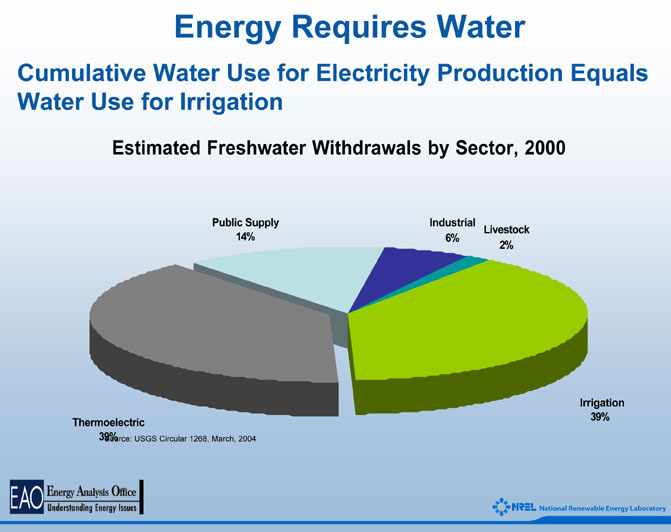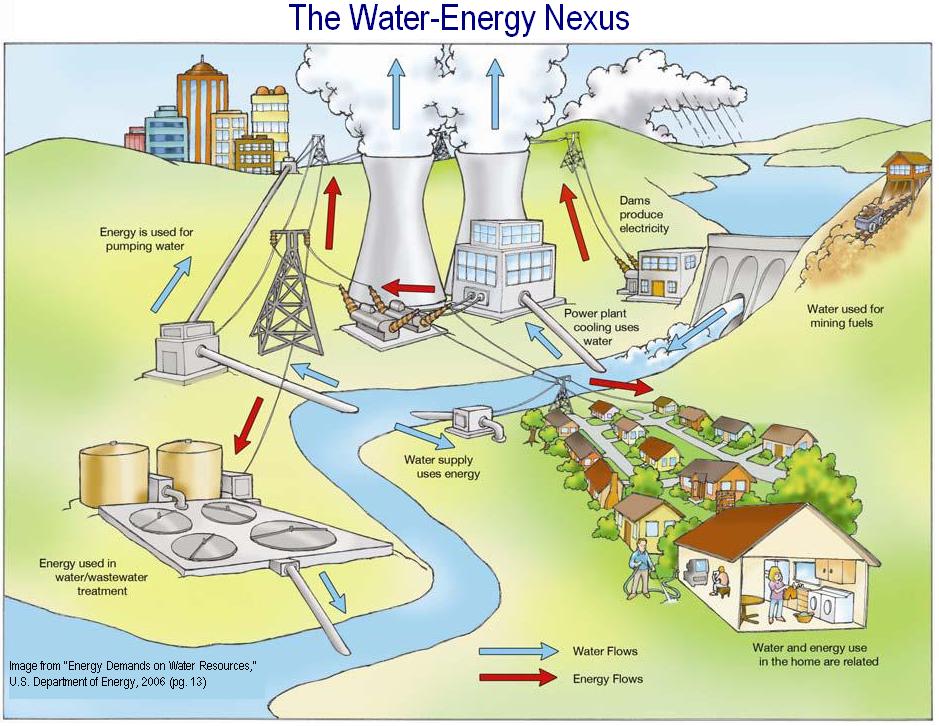
![]()
Fuel is a movie about a boy's passionate love affair with bio-diesel fuel and his bio-diesel-powered "Veggie Van." Like any good love story passionately told, it is filled with a magnetism that draws you in and, by the end of it, has you wanting to shout from the rooftops, "I love bio-diesel!" and "Where can I get my own Veggie Van!?"
But Fuel, as it premiered this October at a theater in Los Angeles, is not the same movie that won Sundance's 2008 Audience Award back in January. According to director Josh Tickell the film that premiered had gone through major editing changes and additions up until the day of the recent "premier" screening. So, like many of Hollywood's movie moguls, Tickell subjected his love object to some serious scalpel work before declaring it fit for public viewing. Hence the name change: Fields of Fuel is now Fuel and is the re-cut of the same film with 45 minutes of new material in its total 100 minute running time.
"We added a solid 45 minutes of new material to the film during the re-cut," said Tickell. An interview segment with Van Jones, a regular Huffington Post Green Page blogger, was added as new material. Of course Jones, President of Green For All, can now boast "NY Times best-selling author" to his roster of accomplishments.
Fuel, however, features glaring omissions in its current cut. Fuel attempts to hold a conversation about alternative fuels for vehicles and energy without mention of the crucial role that water plays in this equation, especially when considering bio-diesel production. It also ignores the raging debate around bio-diesel right now that questions whether the world will have the ability to feed itself adequately with current food crop yields when factoring in climate change and crop diversion for bio-fuel production. Some scientists say it will be a choice between bio-fuels or food. (Scientific American, Earth 3.0, pg.28 "Biofuels or Food?")
The Water-Energy Nexus
The nexus of water as a requirement for energy production and energy as a requirement to process and transport water is the point that dominates any intelligent conversation currently being had by experts in the field. As Scientific American's current issue, "Earth 3.0", article "Water vs. Energy" puts it, and in a circular diagram: Water is used to make Fuel is used to process Water is used to make Fuel..." and so on. In fact, the diagram in their article emblazoned with these words has the appearance of a life preserver. Because that's what this issue is about: Life.
There's not much debate and every bit of evidence that indicates a consensus that Energy Independence is the policy that our country needs to pursue. Automobiles and the transportation sector are on our policymakers' list of priorities to change because it is a major oil consumer and because our legislators passed the Energy Independence and Security Act in 2007.
Enter bio-fuels. Agriculture and power plants use the greatest amount of freshwater nationwide. You've heard of peak oil? Consider this: Peak Water. Many scientists say we are approaching peak water. "Water is ultimately more important than oil because it is more immediately crucial for life and there is no substitute," says Michael E. Webber in Scientific American, "Earth 3.0." 
As we shift from fossil-fuel based gasoline to alternatives the two most popular choices are currently electricity for plug-in and hybrid vehicles and biofuels. Both are more water-intensive. In fact, analyses indicate that bio-fuels are "worse" because they use 20 or more times as much water for every mile traveled when the entire production cycle is considered -- that's from growing irrigated crops on a farm to pumping the biofuel into the car -- than does the production of traditional gasoline.
California Lt. Governor John Garamendi, who dropped in for the premier screening of Fuel, said: "We can make these products, alternative enegy fuels, from materials other than food-based sources."
Scientific American says that we must "consider both issues as one" when looking at the Water Energy Nexus and that it's a "strategic decision to switch our dependence from foreign oil to domestic water."
Liquid Gold and Black Gold
Consider this: T. Boone Pickens is now putting his money into water after making billions in oil. Water is energy-intensive to produce. Some predict that we are going to have to rely on fossil fuels to pump water from deeper aquifers or for moving it through longer pipelines such as the one Pickens is building across Texas. Make no mistake, millions die every year from limited access to freshwater. And, let me repeat the point made earlier, agriculture is one of the biggest consumers of freshwater. Biodiesel, which is made primarily from corn or sugarcane in its present form, sucks up water like there's no tomorrow.
PetroSun and Solazyme are a couple of companies, featured in Fuel, that are converting algae ponds and wastestreams into energy supplies. Solazyme uses marine microbes to create clean and scalable renewable energy. They showcase their fuel technology with an algae-fueled car...that runs! PetroSun owns vast acres of algae ponds and are turning wastestreams into energy supply. And of course there is the phenomenon of diesel car drivers collecting used vegetable cooking oil and using it to power their vehicles with that "french fry" smell as the biggest byproduct.
Fuel is definitely a must-see. It's a conversation starter in this all-important crash course our nation must take on these issues. You might get to see it in a theater, but even if you have to buy the DVD, watch it with a date and bring a copy of Scientific American's "Earth 3.0," the magazine's current issue, so that you are sure to get the facts presented accurately and fully.
Love stories are great for entertainment but when it comes to critical issues we must allow facts to win out over fiction if we are to steward our earth towards a planet that will be fit for our kids and grandkids to live on.
